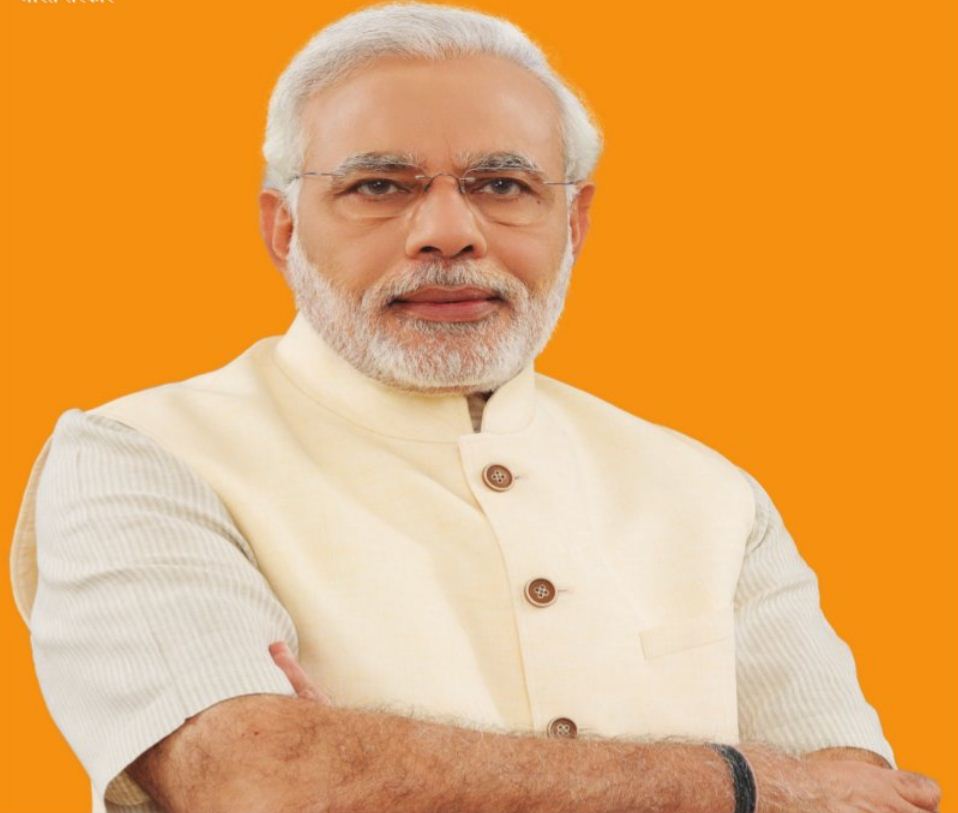Bal Thackeray would’ve backed demonetisation: PM to Shiv Sena MPs
November 22, 2016
Mumbai:Amid Shiv Sena’s growing criticism of Centre’s demonetisation move, Prime Minister Narendra Modi today told the party MPs had former party patriarch Bal Thackeray been alive, he would have supported the move.
Modi said this while interacting with Shiv Sena MPs, who met him in the national capital urging him to allow co- operative banks, district central co-operative banks (DCCBs) and credit co-operative societies to exchange notes.
“Prime Minister told the visiting MPs that had late Sena supremo Bal Thackeray been alive, he would have supported the decision to scrap Rs 500 and Rs 1,000 currency notes,” a Sena source said.
Responding to Modi’s invocation of former Sena supremo, party president Uddhav Thackeray said he was happy that PM had respect for Balasaheb in his heart.
“But right now, Modi needs to answer the people who are looking up to him with questions. If people get the answers they seek and their lives are made easier, Balasaheb would be happier,” Thackeray said.
Centre’s demonetisation move seems to have brought more bitterness in the already-strained ties between the two ruling allies — BJP and Sena– as the Uddhav Thackeray-led party has been consistently slamming Modi over the decision.
In an embarrassment for the BJP, Shiv Sena had taken part in the protest march led by West Bengal Chief Minister Mamata Banerjee in New Delhi last week against demonetisation.
MPs Chandrakant Khaire and Gajanan Kirtikar of Shiv Sena had taken part in the march.
Situation alarming, allow coop banks to exchange notes: Shiv Sena
NDA constituent, Shiv Sena today met Prime Minister Narendra Modi and sought change in the demonetisation policy to allow cooperative banks, credit societies and district banks to carry out transactions of old notes of Rs 500 and Rs 1000 denomination, saying the situation on the ground was become alarming.
Sena, which currently shares an uneasy relationship with the BJP and is also critical of the demonetisation drive.
“In smaller towns and villages, it is the District Central cooperative banks, cooperative urban banks and cooperative credit societies which have taken banking to the masses.
“We urge you to make judicious use of this dense network of cooperative and urban banks by allowing them to participate in the demonitisation drive.
“Accepting loan installments in old currencies would give a big relief to the rural population. Necessary changes in the policy by allowing cooperative banks and credit cooperative societies to handle transactions of exchanging old currency notes in lieu of new legal tender will also give people some relief,” a delegation of Shivsena MPs told Modi.
Maharashtra, known to the birthplace of cooperative movement in the country, has nearly 500 such banks that constitute nearly one-third of cooperative banks in India.
“We are not against the demonitisation drive, but the way it has been implemented. Even during our march against the drive along with the West Bengal anti-demonitisation drive with (West Bengal chief minister) Mamata Banerjee, we have maintained that we oppose the way it has been implemented, but not the decision,” Shivsena MPGajanan Kiritikar said.
The Shivsena MP from Northwest Mumbai said the delegation also told the Prime Minister that all financial institutions should be given permission to accept demonitised notes as an installment in borrowers loan accounts.
“The banned notes collected from such financial institutions in cooperative sector should be accepted by nationalised banks,” the delegation said.
Kiritkar said the PM has assured the delegation that he will discuss the matter with the Reserve Bank of India (RBI).
The delegation said Maharashtra has some 503 co-cooperative banks with 6000 plus branches and 2800 plus ATMs. It also has 33 district co-operative banks with more than 3000 branches. PTI
Recent Stories
- Banas Dairy announces hike of Rs. 15 per kg fat of Milk
- Surat Congress candidate Nilesh Kumbhani's nomination form facing invalidation procedure
- ACB Gujarat decoy traps private hospital's staffer for bribery
- Chaitar Vasava has 13 FIRs against him under over 30 IPC sections in 3 police stations
- WR to run 2 pairs of Sabarmati-Barmer Special trains for summer
- ACB Gujarat files offence against SK Langa and son for disproportionate asset
- Kshatriya agitators announce part-2 programs in Gujarat
